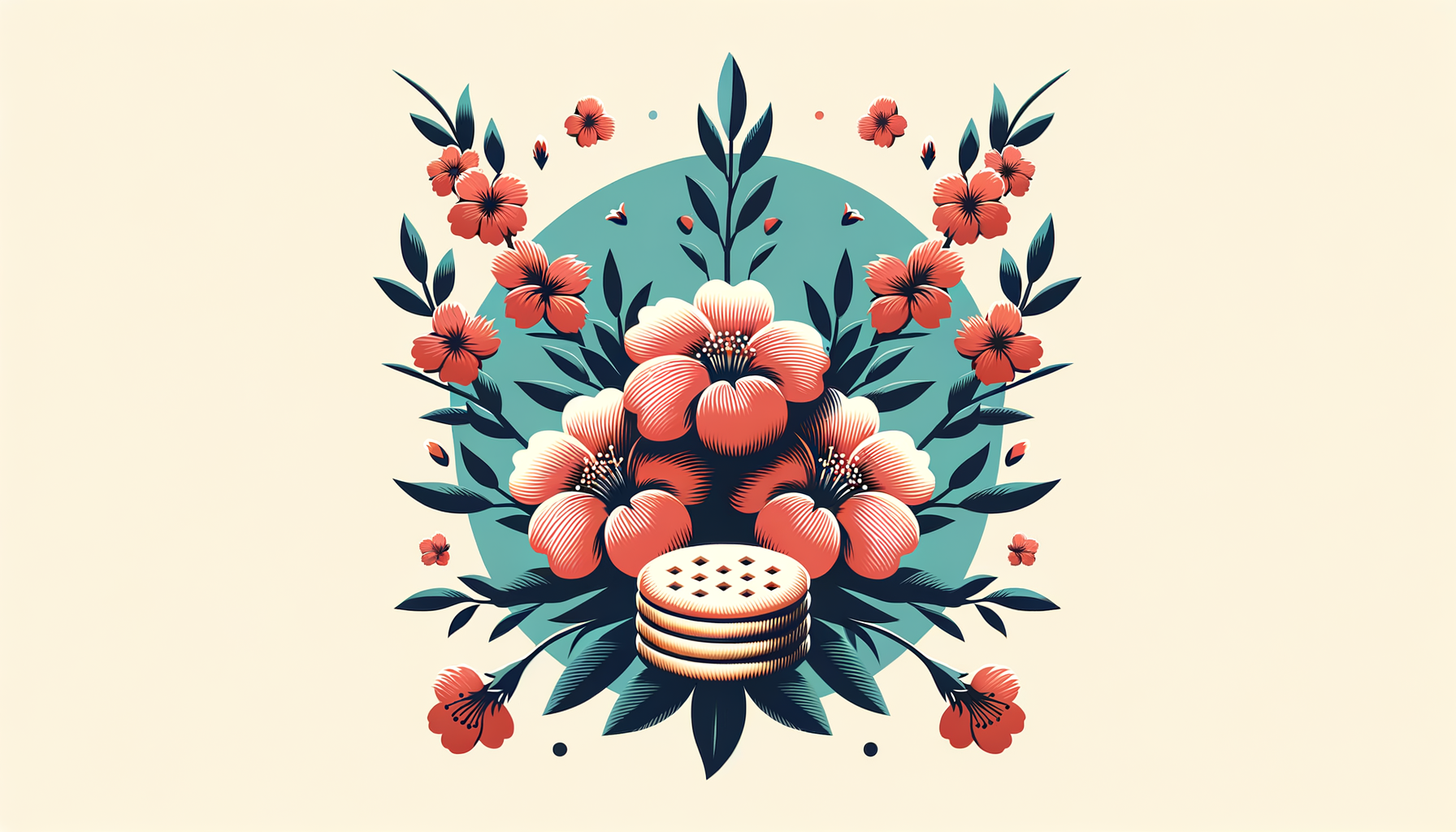There’s a saying in the South: "We don’t hide crazy—we parade it on the front porch and serve it sweet tea." Growing up in Savannah, I had a front-row seat to my family’s peculiar brand of theatricality, like watching a Tennessee Williams play come to life, only with fewer fainting spells. Well, most of the time.
Our family lore had an almost mythic quality, stories passed around the Sunday dinner table like gravy boats. These tales weren’t just entertainment—they became the lens through which I learned about love, relationships, and the subtle art of surviving the human condition. And if I’ve learned anything from that cast of characters I call my kin, it’s that the stories we inherit shape the stories we create.
Granny V and the Ghost of Seat 3A
Let me introduce you to Granny Violet, or Granny V as she insisted we call her. “Grandma makes me sound old,” she’d quip, sliding on a fresh coat of coral lipstick at the breakfast table. Granny V was the family firecracker—equal parts charm and chaos, the matriarch who looked at societal norms the way you’d look at a raccoon in the attic: mildly amused but ready to knock it out with a broom.
One of her favorite stories to tell involved a plane ride in the late 1970s. She was flying to Atlanta when the man seated in 3A tried to chat her up. Now, Granny V had no patience for what she called "nonsense flirtations." But by the end of the flight, 3A wasn’t trying to get her number (or even her name). Instead, he turned his attention to the woman in 3B, whom he eventually married.
“I saved her from a lifetime of bad decisions,” Granny V would declare, theatrically draping a silk scarf over her shoulder. “Had I entertained him for one second longer, she’d have never made eye contact.”
Granny V wasn’t teaching me to be passive-aggressive (well, not intentionally). Her point was this: Know when to invest in a connection and when to politely redirect it. Not all conversations need to end in romance, but all of them do require discernment.
Granny V’s wisdom suited me well in the overly stimulated age of social media DMs and vague “you up?” texts. Her lesson: Just because someone engages doesn’t mean you owe them your energy—or your time.
Uncle Carter and the Crepe Myrtle Debacle
Now, Uncle Carter was our family’s resident philosopher, which is a fancy way of saying he had big opinions and a love of storytelling that rivaled his love of bourbon. One humid Savannah evening, while we sat beneath the crepe myrtles in my grandparents’ yard, he gave me one of the most memorable analogies about dating I’ve ever heard.
“See that tree?” he said, gesturing toward the fragrant pink blossoms. “It blooms like clockwork every summer. Reliable, dependable. But see what’s hidden in the roots?”
I squinted to see the gnarled roots stretching beneath the surface. “Termites,” he said, taking a long sip of his drink for dramatic effect.
His metaphor: Relationships are like that tree. The surface may look flawless, everything in full bloom, but beneath, you might find hidden damage if you’re not careful. “The trick,” he whispered as if divulging a great mystery, “is to know when to treat the termites and when to fell the tree entirely. Some roots can’t be saved, Celeste.”
As I got older (and suffered my fair share of heartaches), I understood his words better. There are relationships you work to restore, and then there are those you graciously let go. Some branches bloom brighter after a little work, while others simply rot from the inside. The skill is in knowing the difference.
Aunt Liddy, Love, and Leftover Biscuits
I’d be remiss if I didn’t include Aunt Liddy in this gallery of Southern wisdom. Aunt Liddy is what you’d call stubborn as a rusted porch swing. She wasn’t an animated Grandma Moses like Granny V or a poetic pontificator like Uncle Carter. No, Aunt Liddy’s wisdom came in the form of biscuits.
“I make ’em on Sundays whether anyone’s coming over or not,” she’d say with a shrug, hands deep in a mixing bowl. “If you don’t learn how to take care of yourself like this, don’t expect anyone else to.”
Her words came back to me after my first big breakup. I was deep in the pit of post-relationship blues, the kind where you eat boxed mac and cheese in bed and cry over ’90s rom-coms. Then I remembered Aunt Liddy’s biscuit advice. I got up, went to the kitchen, and tried my hand (poorly) at baking. The process was cathartic—the measuring, the kneading—and when the biscuits were done, I felt like I’d stitched one small piece of myself back together.
Aunt Liddy wasn’t really talking about biscuits. She was talking about care—making something with love, for yourself first. It’s so easy to pour energy into others and forget to nourish ourselves. Her lesson stayed with me long after I left the Lowcountry, a quiet reminder that you can’t love others well if you’re running on emotional crumbs.
The Stories We Tell and the Love We Learn
My family didn’t sit me down with relationship manuals or spout dating rules. They told stories—fables wrapped in anecdotes, peppered with wit and garnished with just enough drama to make them irresistible. They gave me the tools to build relationships by showing me what connection, self-respect, and self-awareness all looked like in action.
From Granny V’s airplane antics to Uncle Carter’s crepe myrtle musings and Aunt Liddy’s soulful biscuits, the lessons were clear:
- Discernment is key: Not every connection deserves your attention or your heart.
- Recognize when to repair or walk away: Not every flaw is fatal, but some cracks can’t—or shouldn’t—be patched.
- Always nourish yourself first: Whether that means biscuits, boundaries, or a Netflix binge after a hard day, know how to be good to yourself before being good to others.
Family stories have a way of evolving, growing in the telling like marsh grass stretching for sunlight. And maybe that’s a gift—each retelling adds a new understanding of what they mean, a fresh layer of insight.
So the next time you’re navigating the messy, beautiful world of relationships, think about your own family lore. You don’t have to follow their footsteps, but you might find wisdom in their tales—humor in their mishaps, clarity in their advice. After all, we’re all just figuring out this love thing one story at a time.
And if all else fails, there’s always biscuits.




















